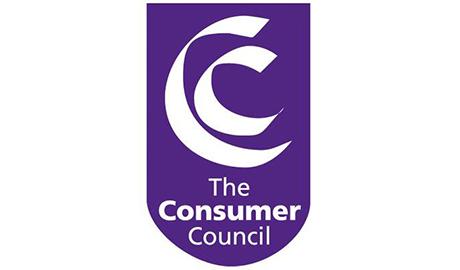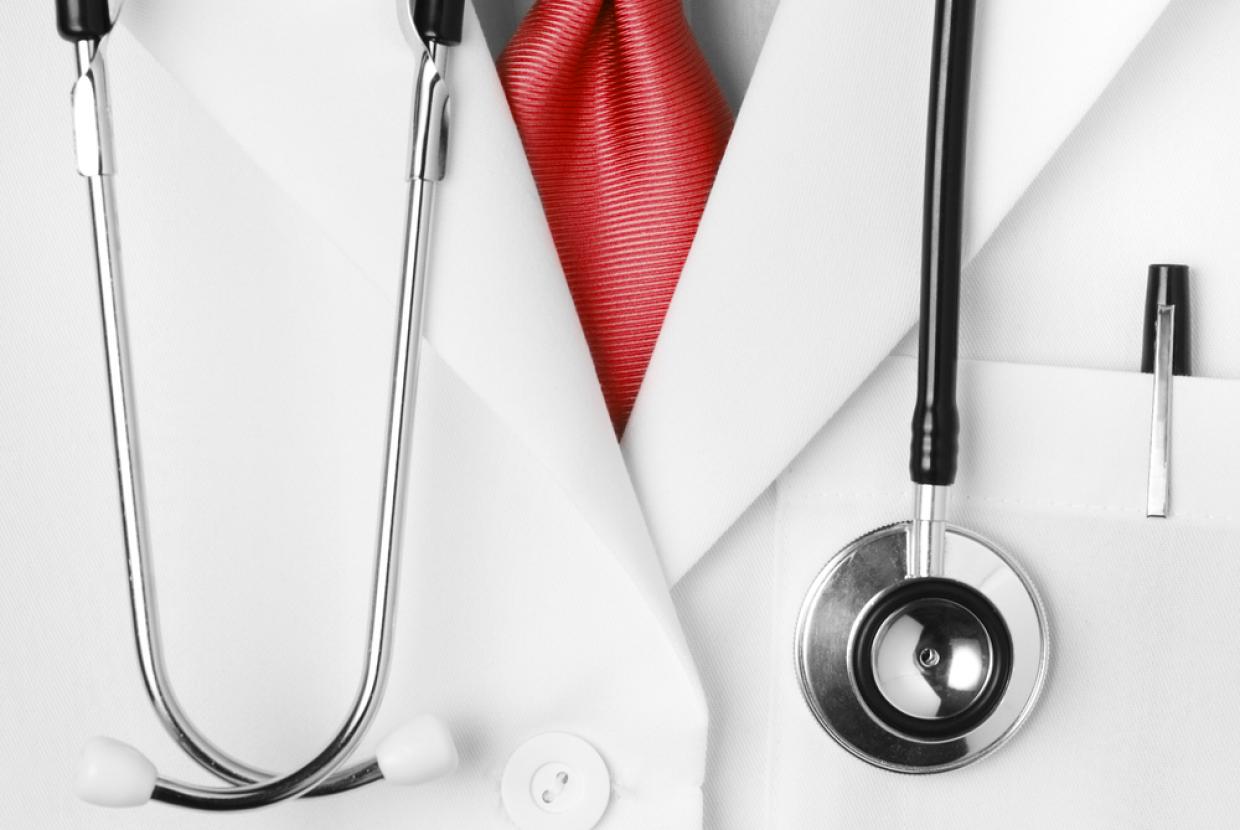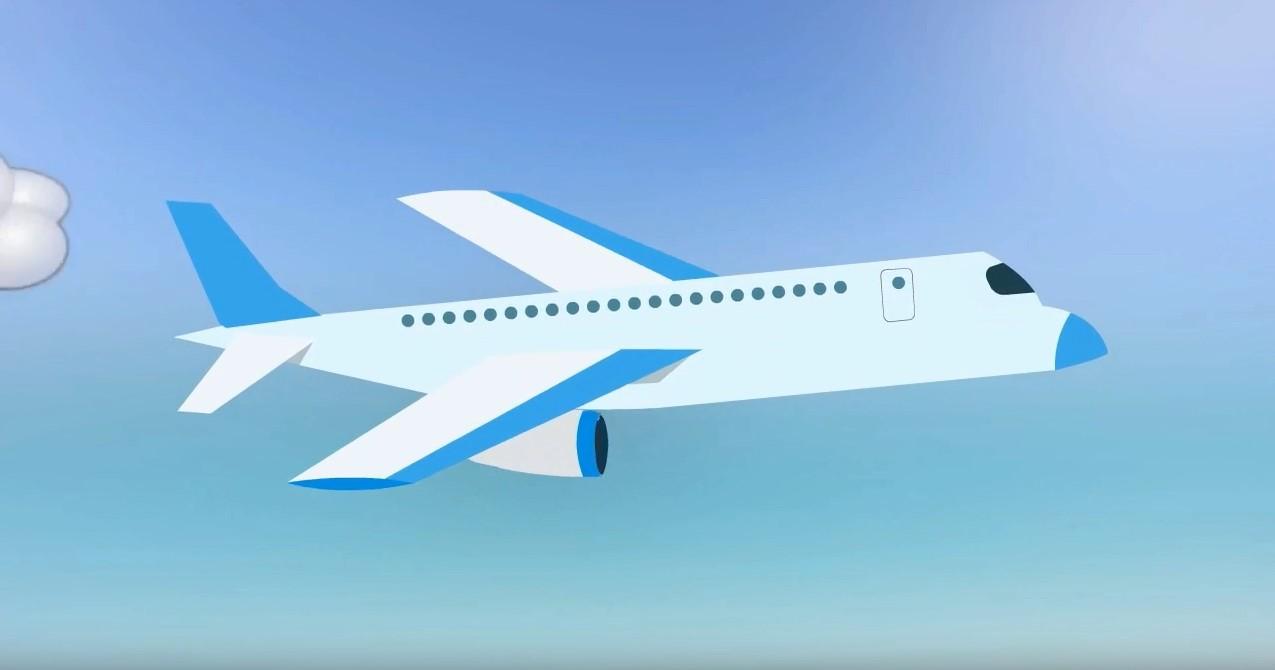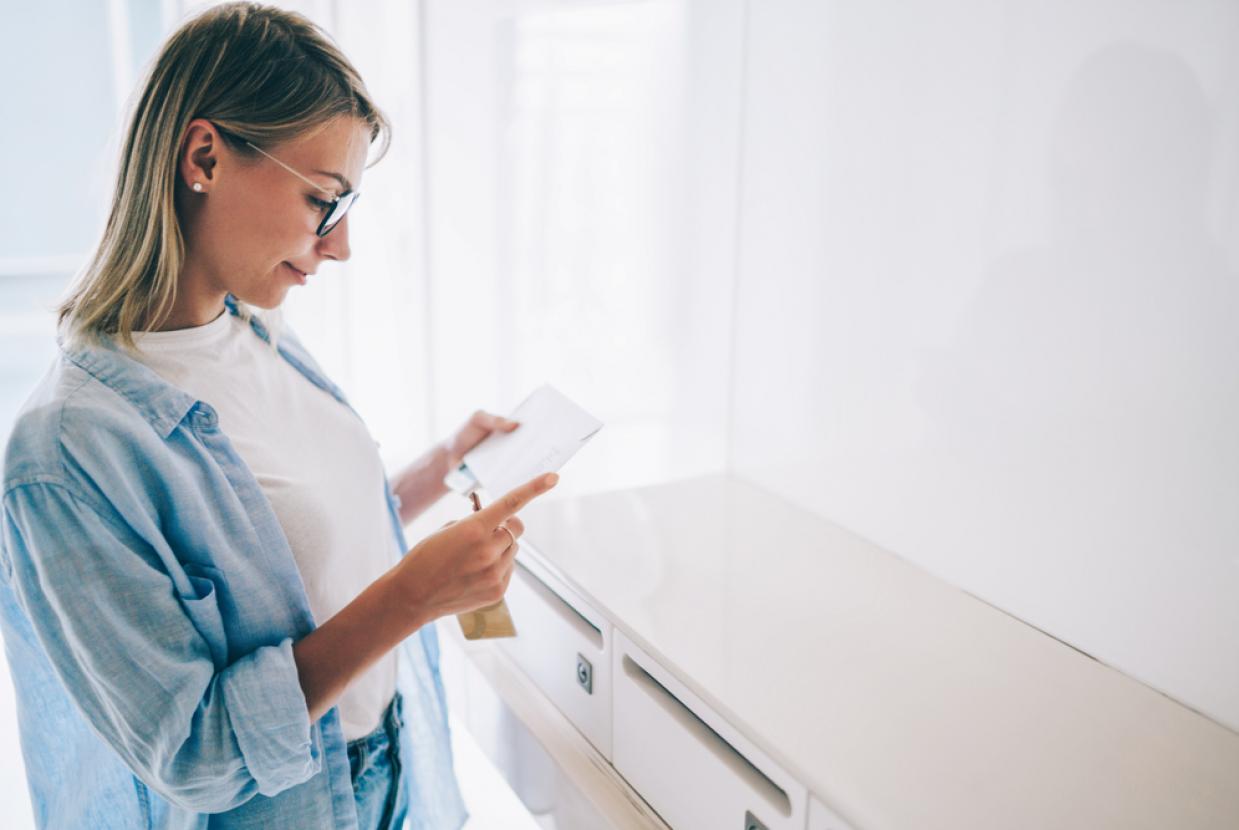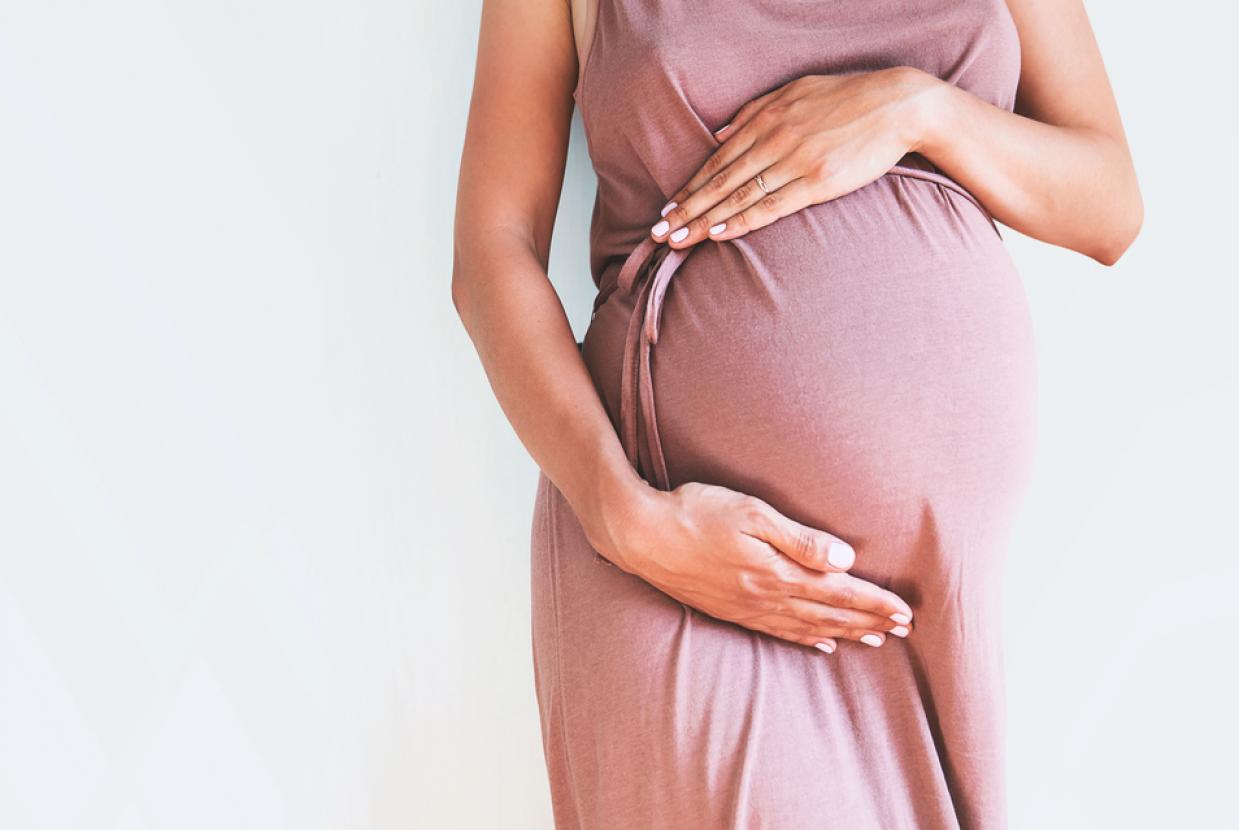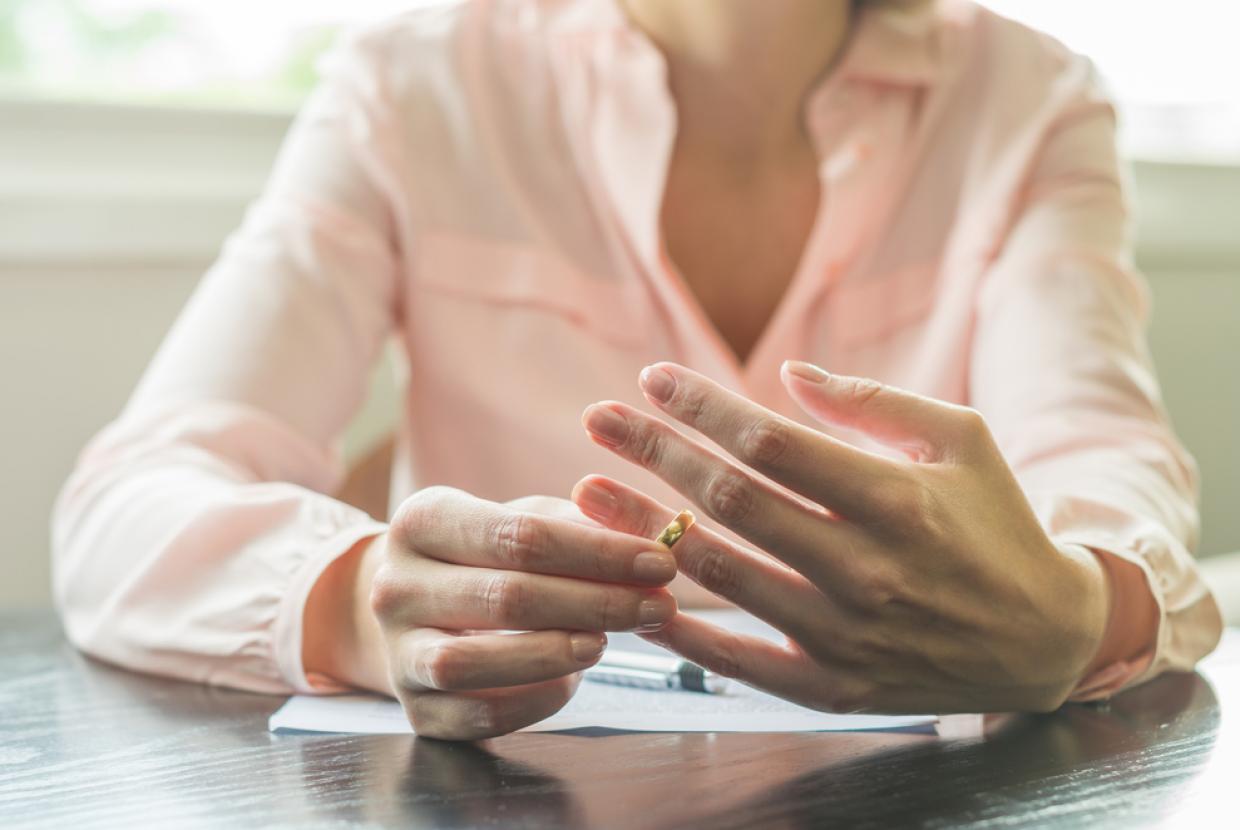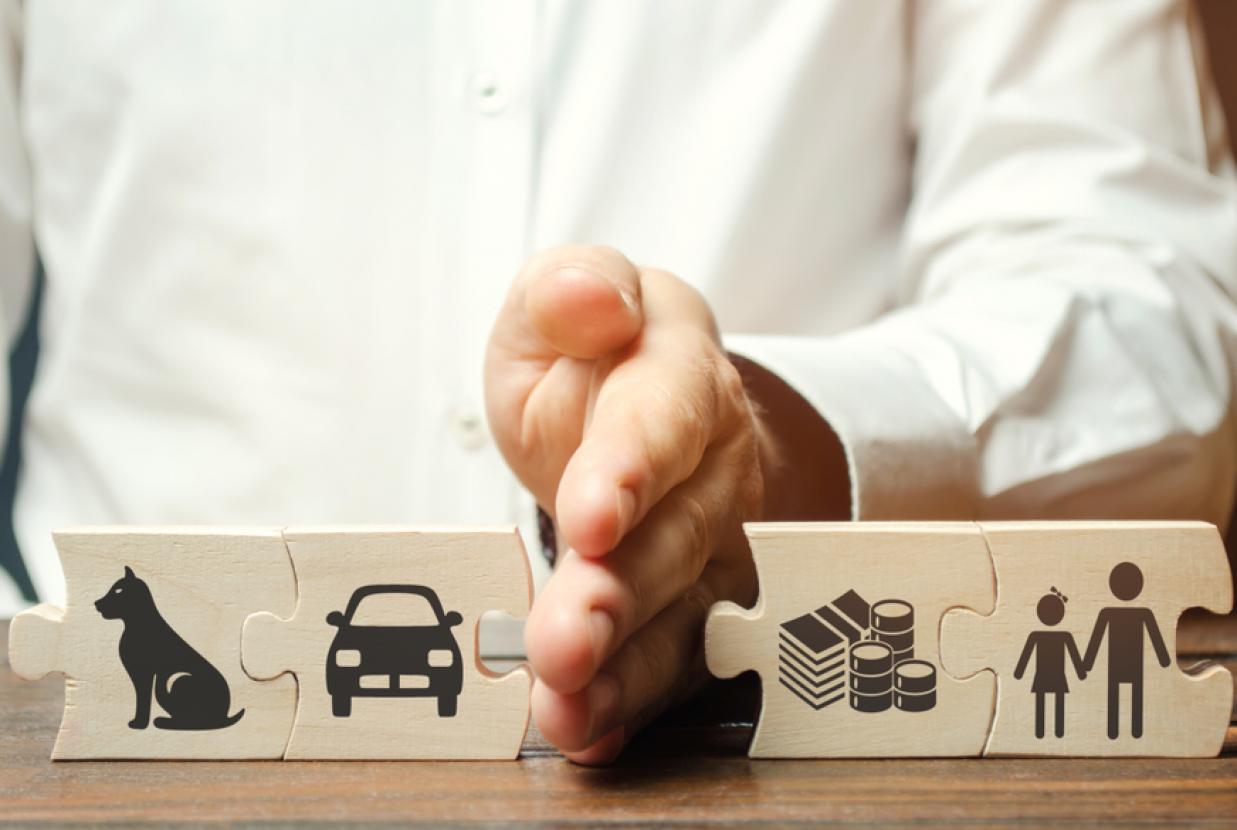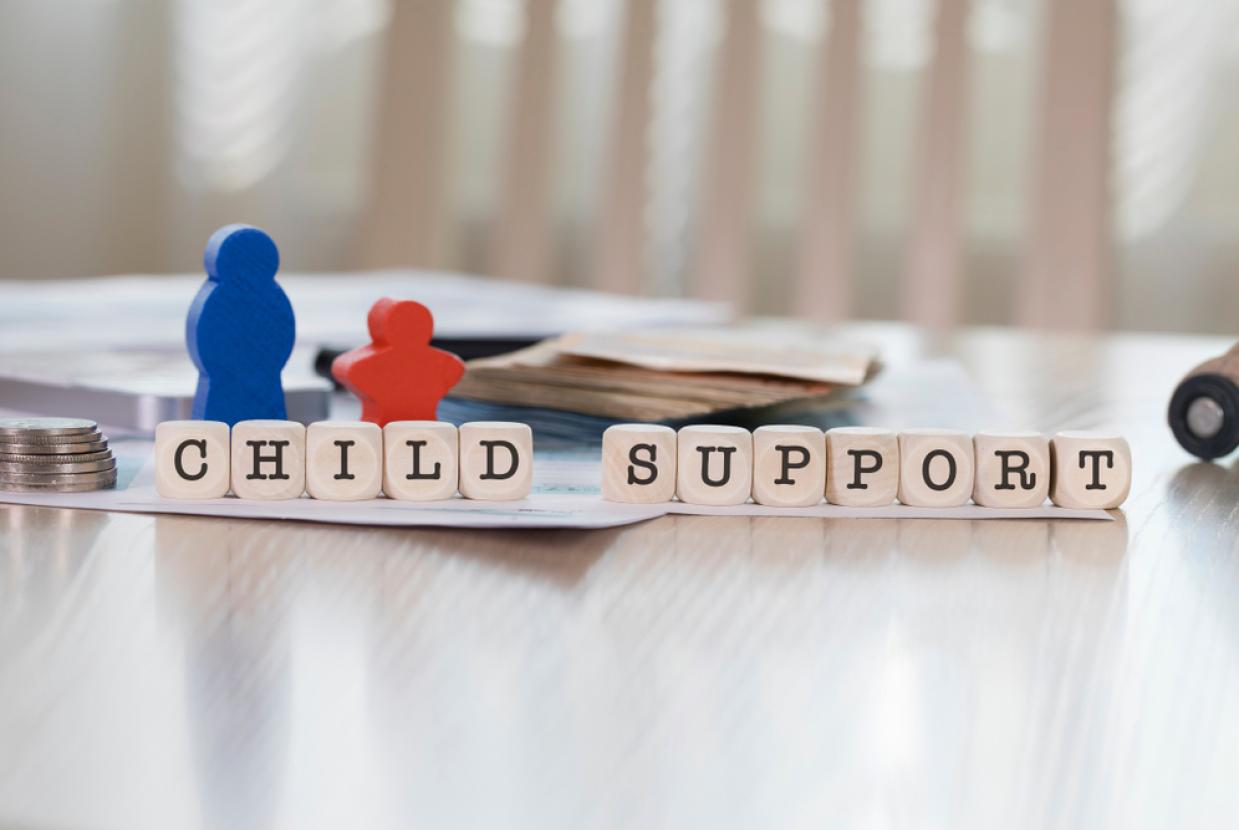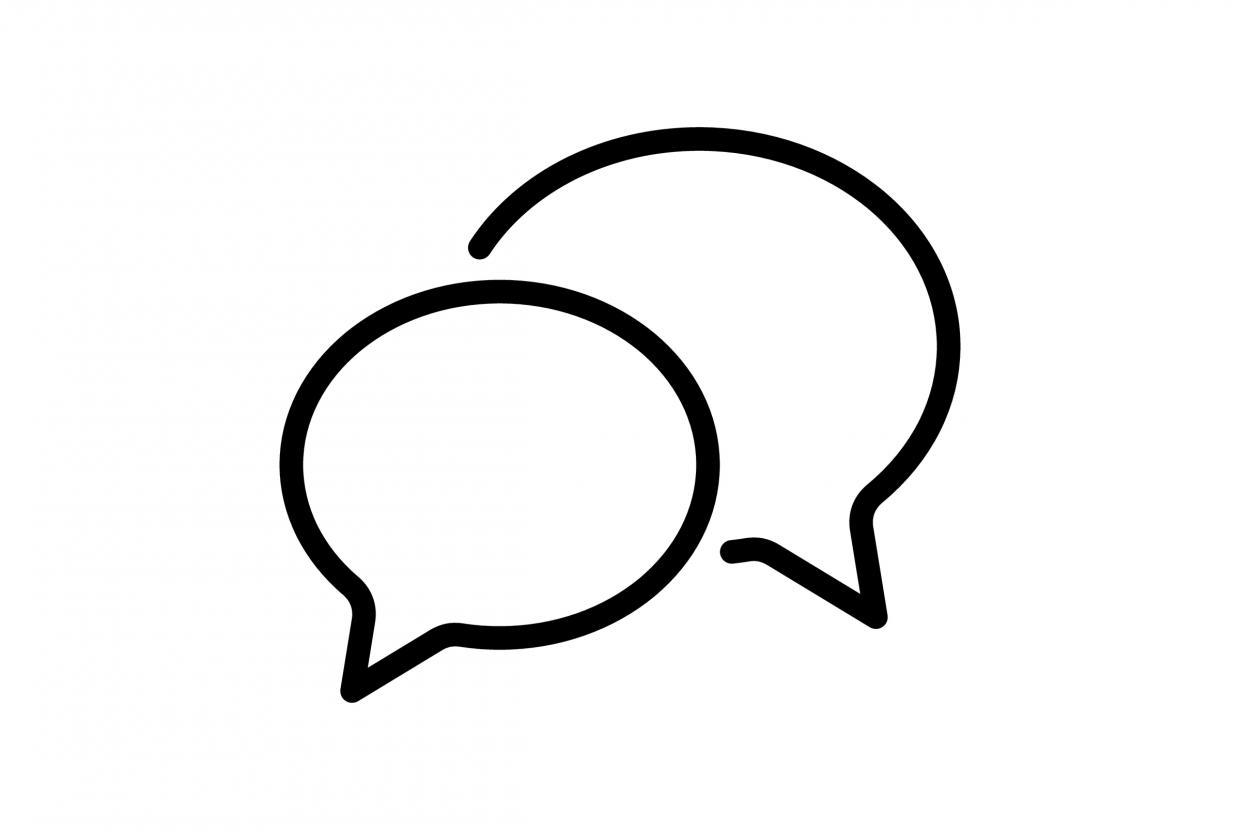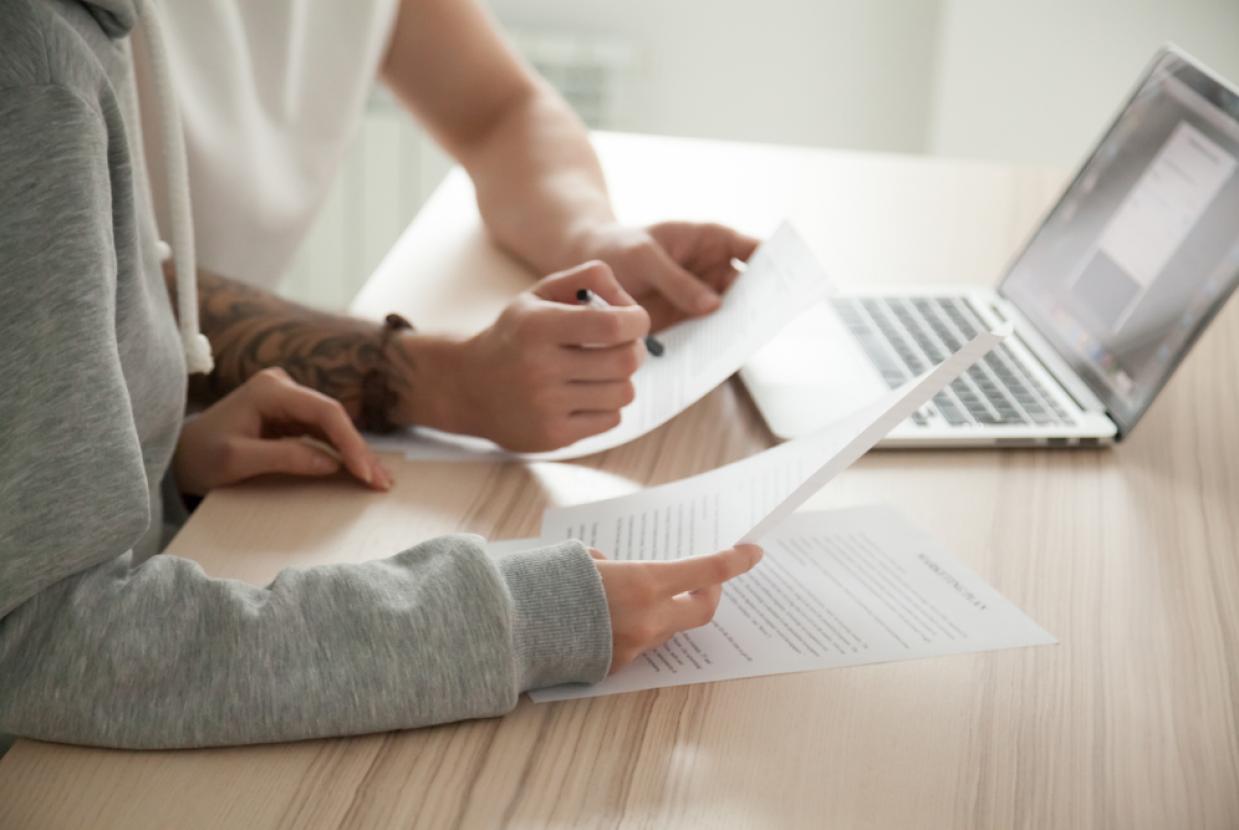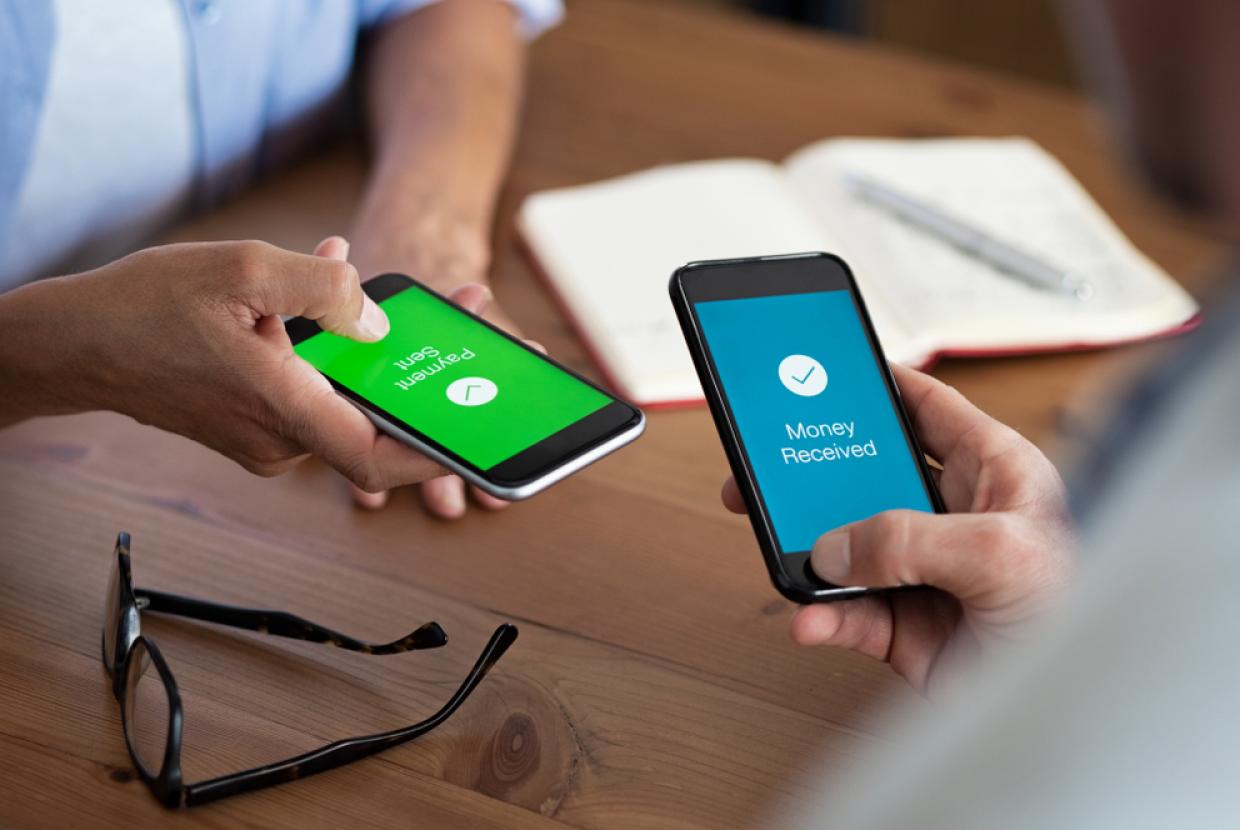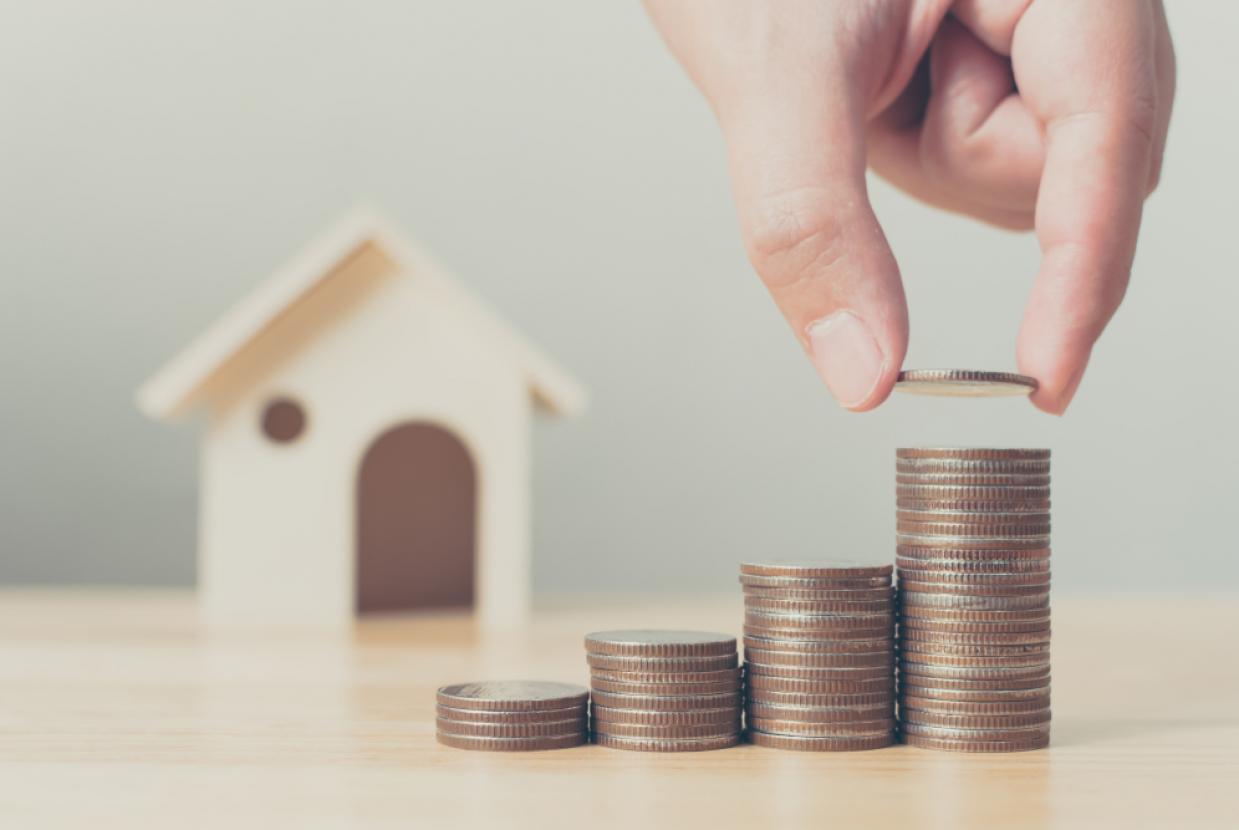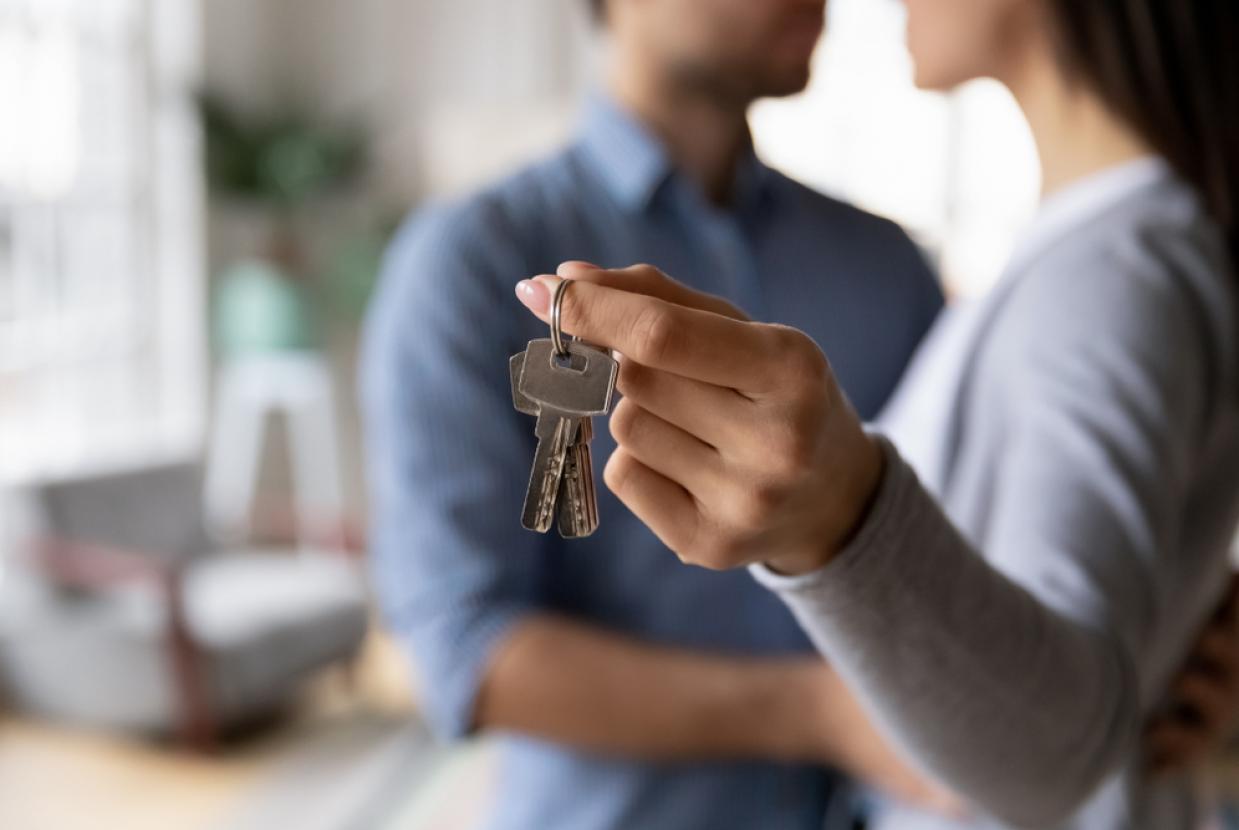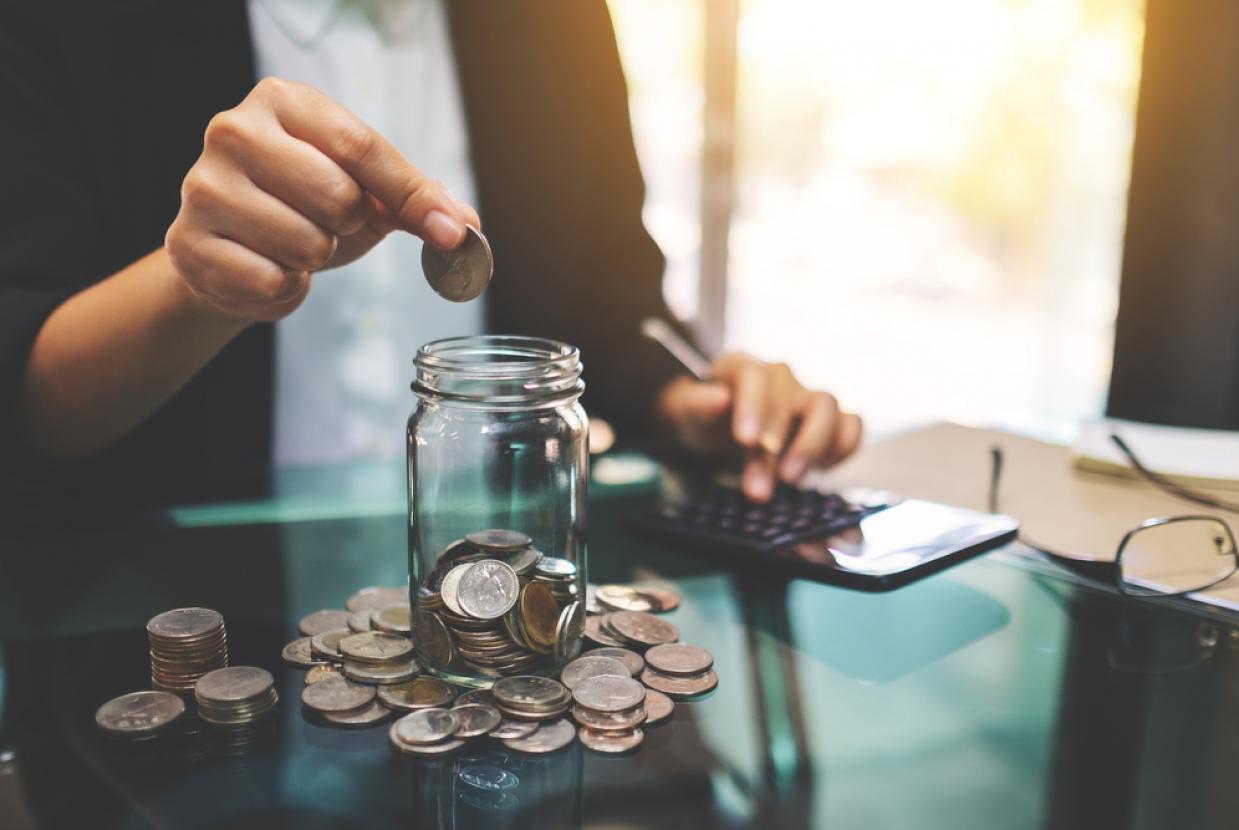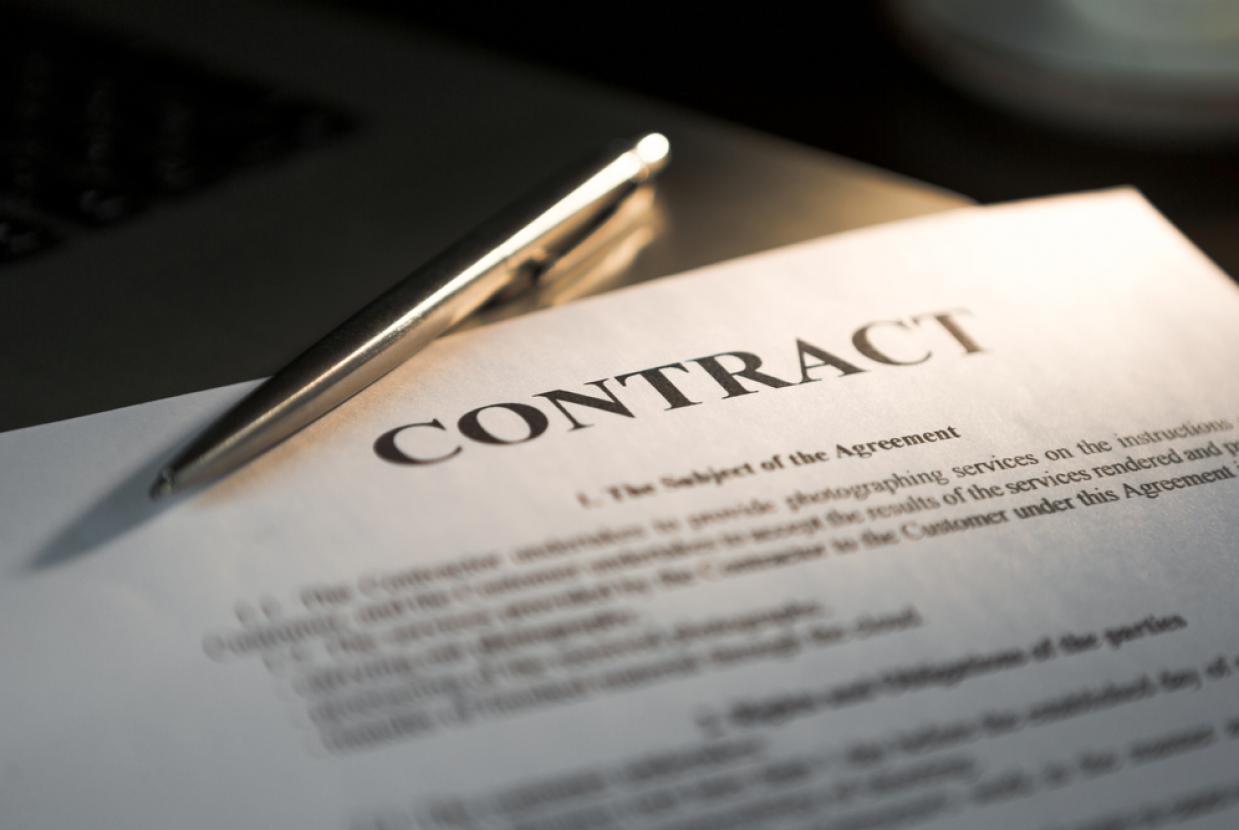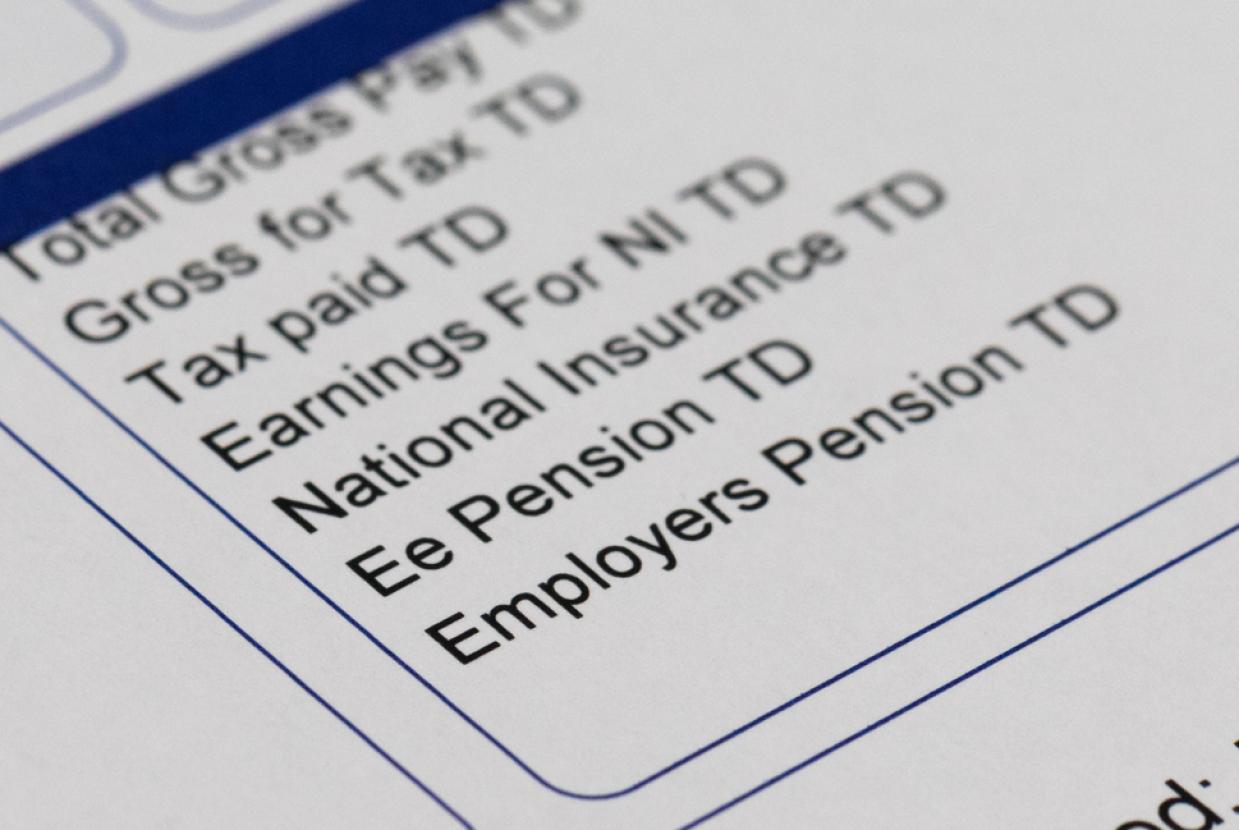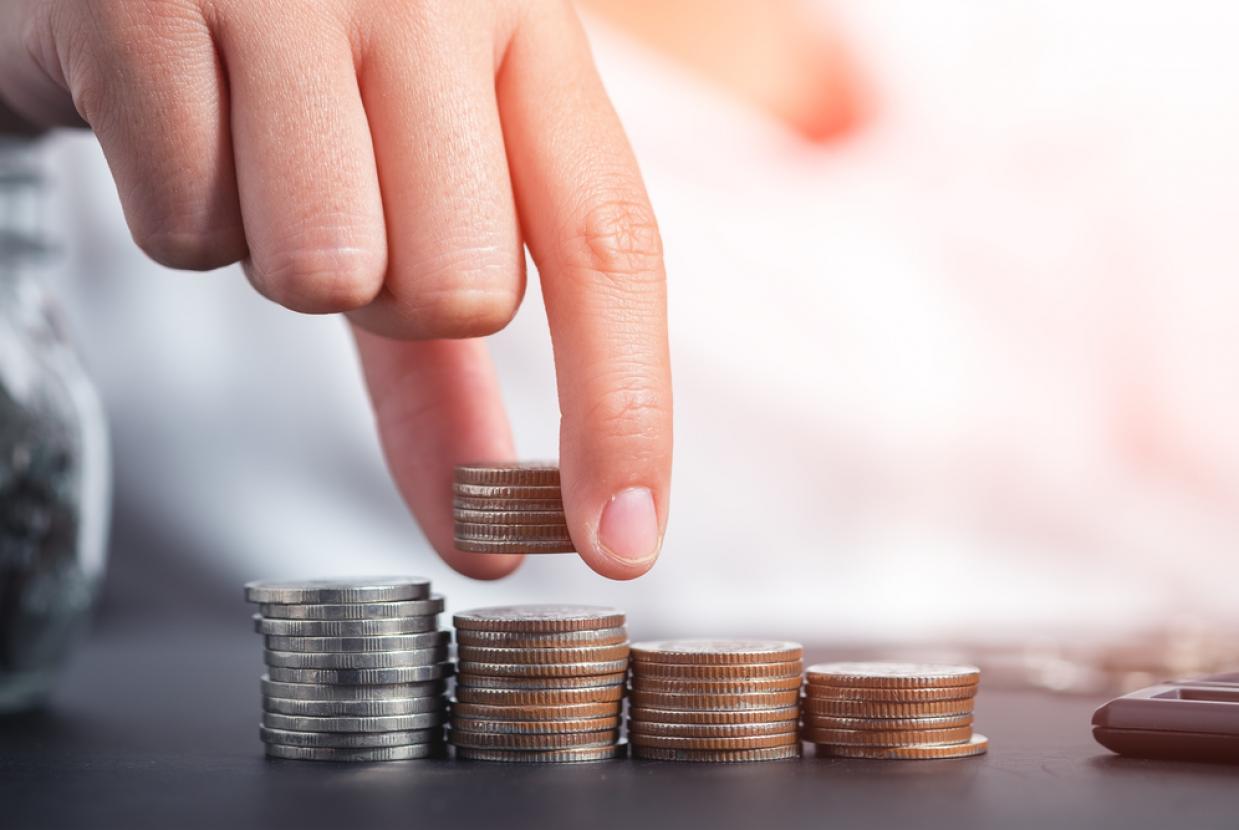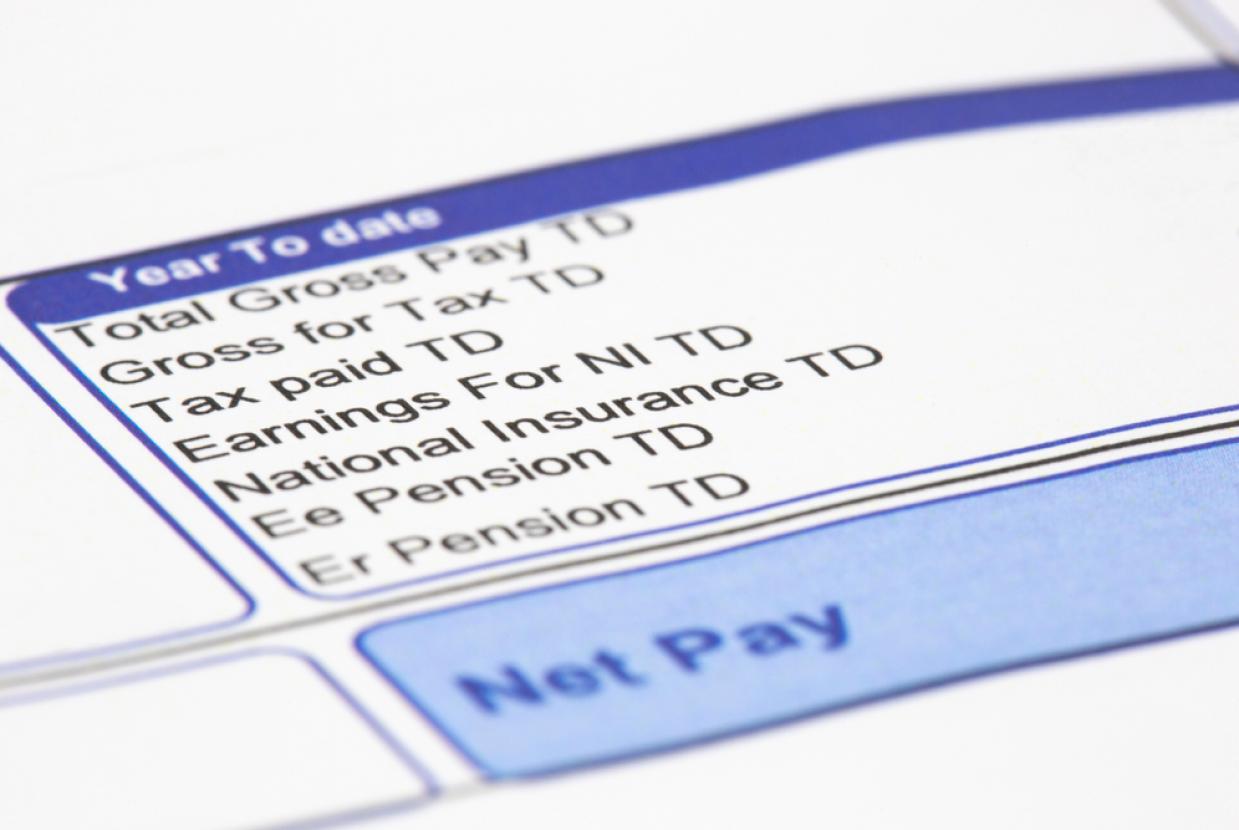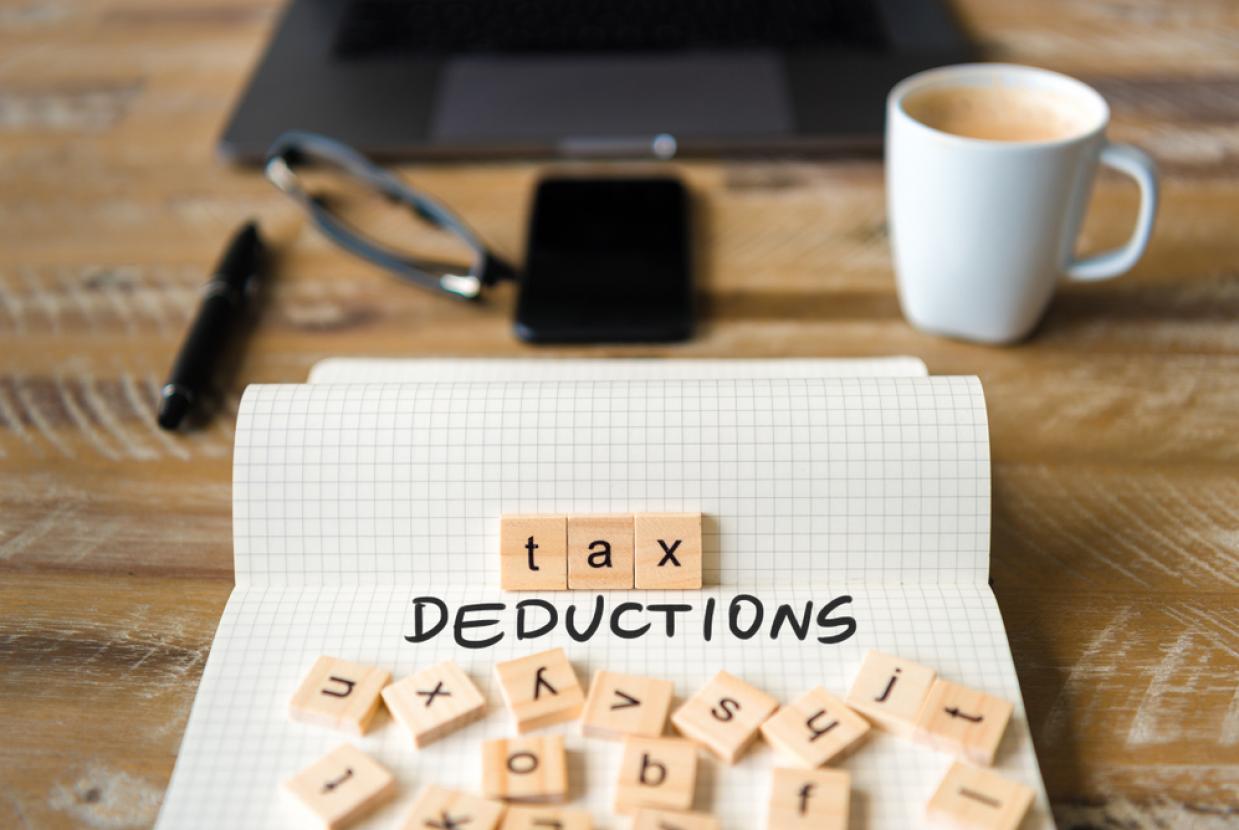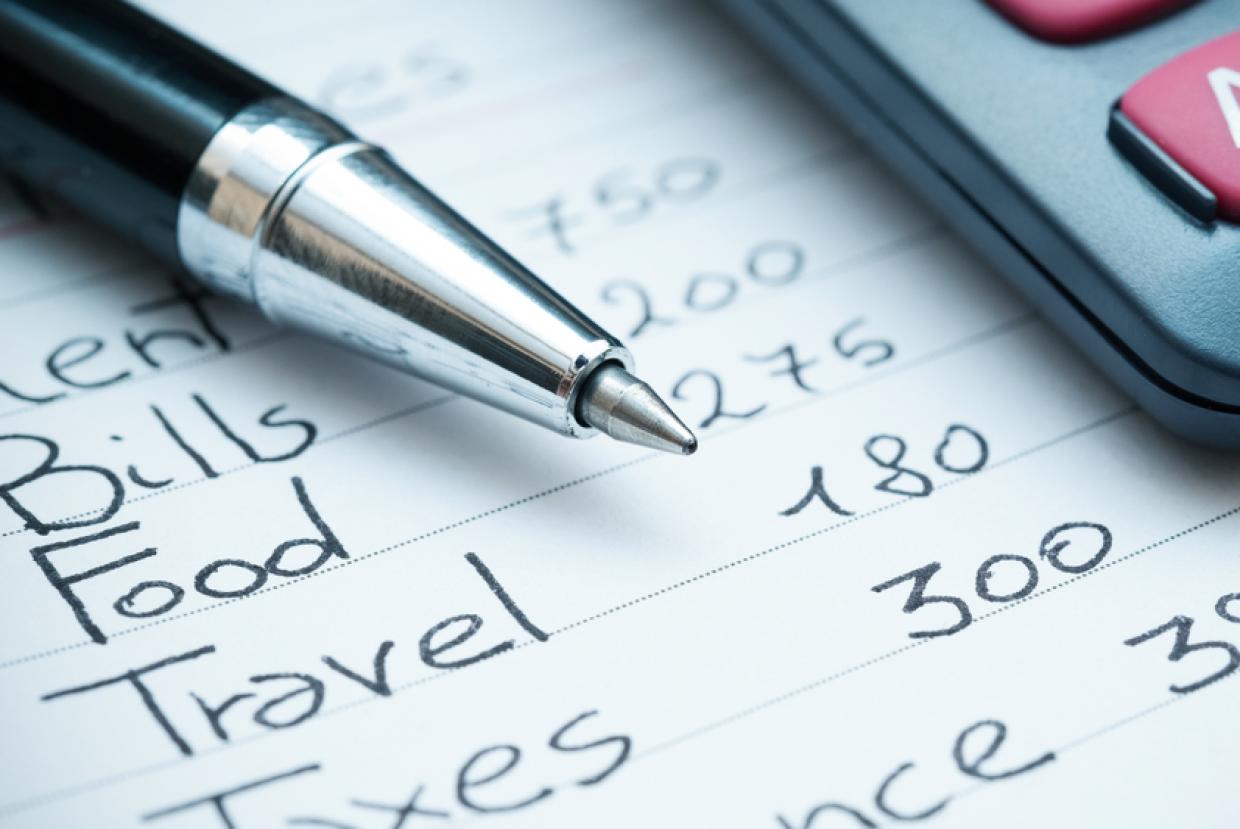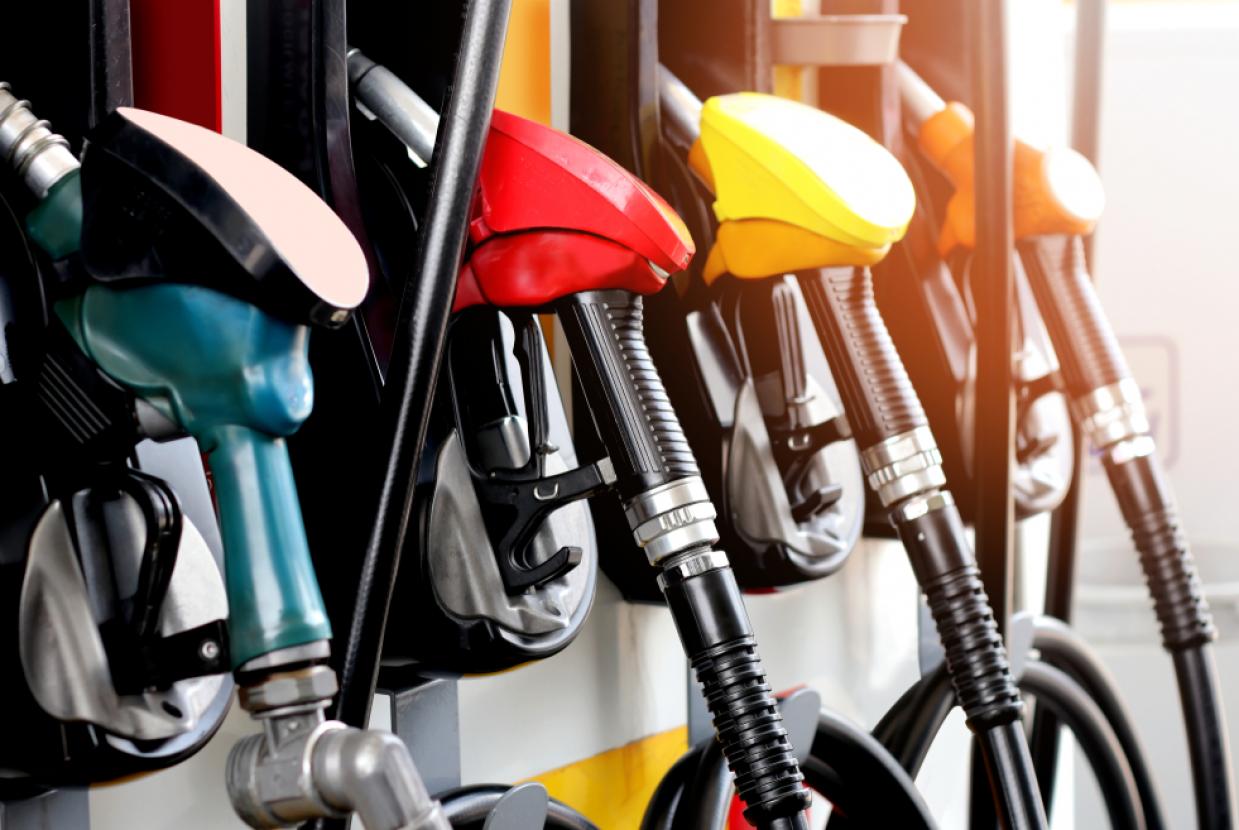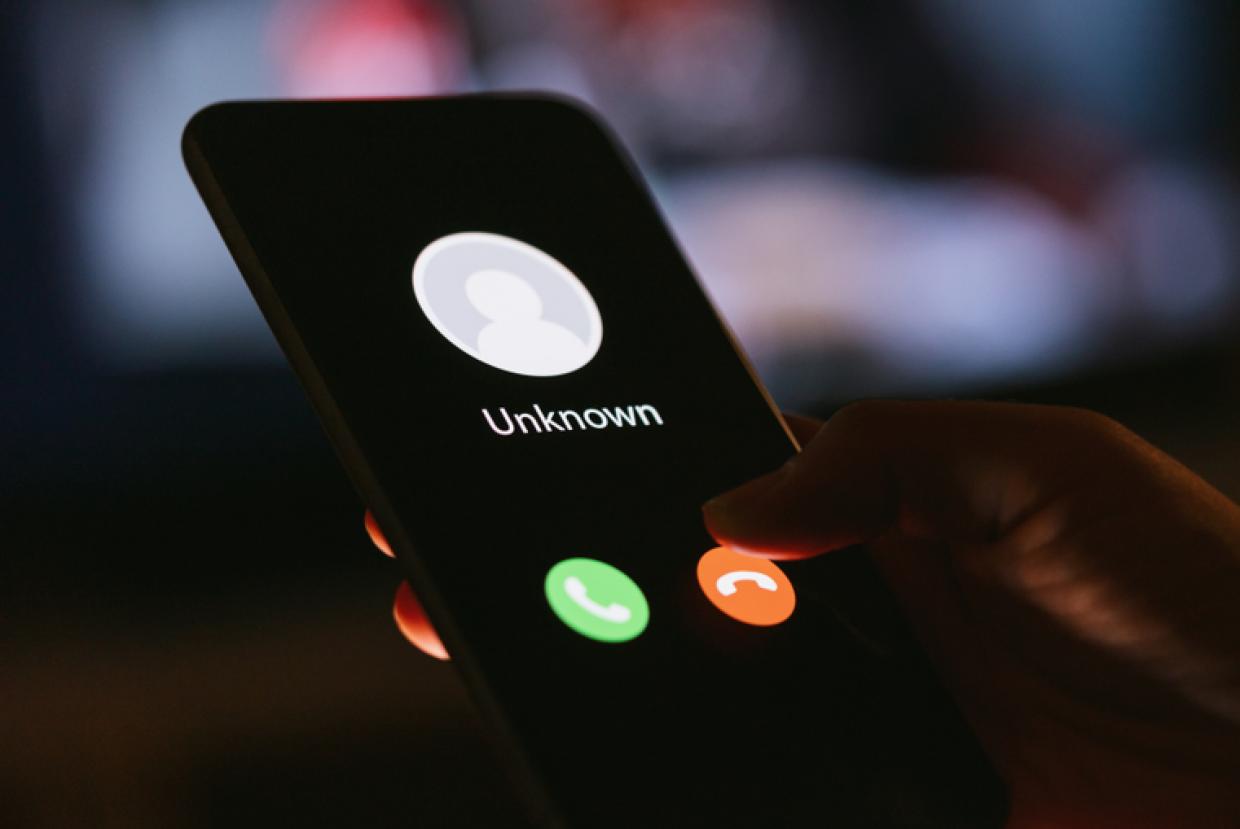Payment Methods & How They Protect You
Financial HealthThe way you choose to pay affects the level of protection you have if something goes wrong. Therefore it is sensible to choose carefully whether shopping on the high street or online, making deposits or paying into saving schemes.
Credit Card
Using a credit card for a single item between £100 and £30,000 gives you ‘equal or joint liability’, even if you only use the credit card for a deposit towards the full amount.
Use our sample letter to make a claim from your credit card company if you haven’t received your purchase, you receive faulty goods or the retailer goes out of business.
Note that if you use your credit card with third parties such as Paypal, Google Checkout or WorldPay you don’t have this joint liability protection. Check the processor’s own terms and conditions carefully. You are not protected either if you used your credit card to withdraw cash to pay for something.
Debit Card
You may be able to use the card provider’s ‘Chargeback’ process within 120 days of the goods not arriving, arriving damaged or not as described, or the trader going out of business.
Card providers sign up voluntarily and exact rules may vary between Visa, Maestro and American Express, so it’s not as strong as credit card protection. However, you can also try the Chargeback process if you’ve used a credit card for something under £100.
If you have problems making a claim and a speaking to a supervisor or manager hasn’t helped, you can take your case to the Financial Ombudsman Service within six months of your final correspondence with the card provider.
Cash or Cheque
Paying by cash or cheque can be risky, e.g. if the retailer goes out of business before you receive your goods.
If possible pay a small deposit and get a receipt, pay the balance the day before or as close as possible to the delivery date. If they insist you pay in full, write your name and address on the packaging if the item is in stock, and if not in stock get written confirmation of expected delivery date.
Direct Debit
Paying household bills eg gas, electricity, phone by direct debit, can help you get a discount. Just be sure to check your bank account to make sure you always have funds to cover direct debits due to come out.
The amount, date or frequency of payment can vary but you must be notified in advance.
If a payment error is made you are entitled to a full and immediate refund. You can cancel a direct debit at any time by contacting your bank (you might need to do it in writing). You should also notify the payee.
Contactless Payments
Contactless payments allow you to make fast and secure payments up to £30 just by touching your card to the reader and without needing to enter your PIN. Not all cards can be used this way and not all retailers have readers.
Contactless payments can also be made via mobile phone apps, wristbands and watches. Still ask for a receipt as you might need it to return items.
Contactless payments offer the same level of fraud protection as standard Chip and Pin transactions. Occasionally you will be prompted to enter your PIN as a security measure.
If your card is lost or stolen you may be protected against fraudulent activity and will not be liable for any losses, unless you have given your card to someone. You cannot withdraw money from a cash machine using contactless. You need to enter your PIN. Contact your bank if you’d prefer to ‘opt out’ of contactless.


